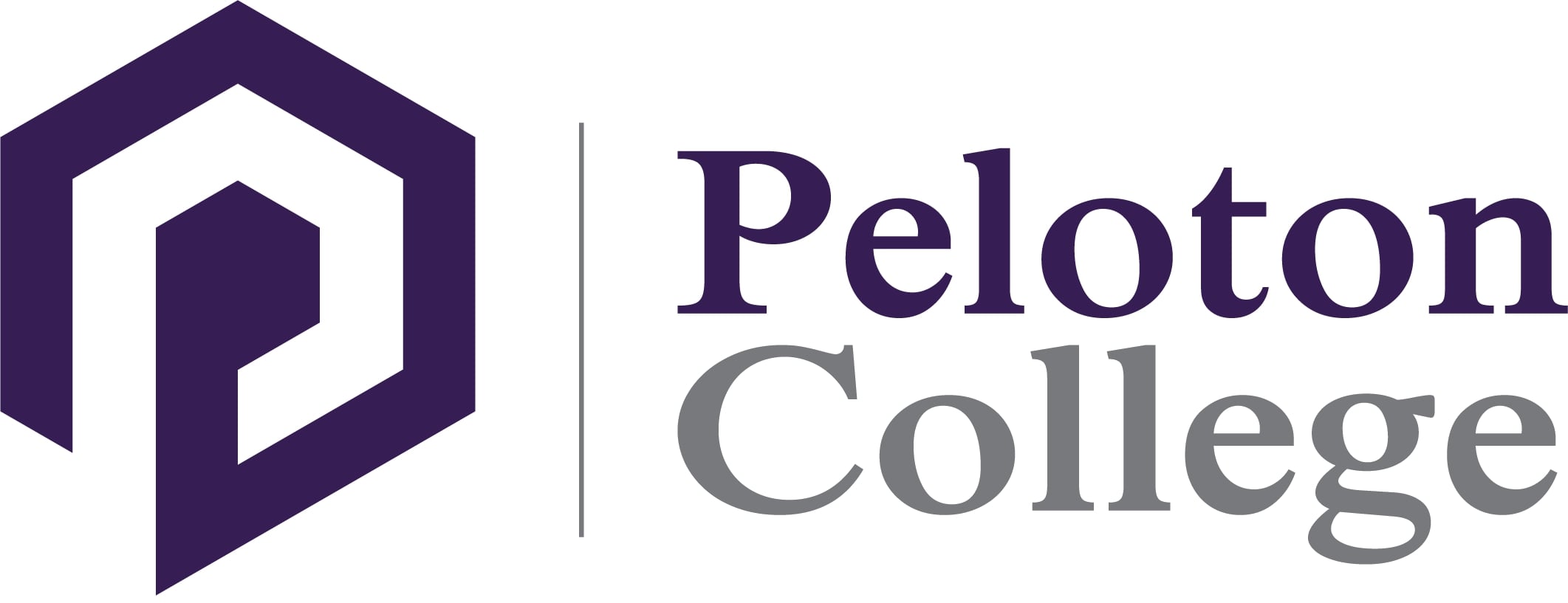Should I Get a CWNA or CCNA Certification?

Do you have a passion for information technology? Wondering if you should take the CWNA or CCNA certification? The good news is that at Peloton College, our IT program prepares you for both certifications. Both certifications will help prove your proficiency in networking and information technology support. In addition to these certifications, the IT program offered at Peloton College also prepares you for the CompTIA A+, Network+ and Security+ certifications to round out your resume and prepare you for advancement in your career. So, what is covered on the CWNA and CCNA exams?
What’s Covered on the CWNA Exam?
CWNA stands for Certified Wireless Network Administrator and is a technical certification offered by Certified Wireless Network Professionals (CWNP) to prove your proficiency in foundational level wireless LAN technology. The main areas that are covered include radio frequency (RF) technologies, antenna concepts, wireless LAN hardware and software, network design, installation and management, wireless standards and organizations, 802.11 network architecture, and wireless LAN security.
Radio Frequency (RF) Technologies
Radio frequency is a measurement of the oscillation rate of electromagnetic radio waves. The measurement hertz (Hz) represents the number of cycles per second a radio wave is transmitted. RF technologies include wireless electromagnetic signals used to form communication in the form of radio waves on frequencies that range from 3kHz to 300 GHz. Some RF technologies include wireless devices like cellphones, radios, Wi-Fi, Bluetooth, and satellite communication systems.
Antenna Concepts
An antenna is a device that transmits and receives electromagnetic waves, or radio waves. They help communication between wireless devices within the overall networking infrastructure. The main antennas used for wireless LANs include omnidirectional, semi-directional and highly directional.
Wireless LAN Hardware and Software
The wireless LAN hardware that is used in networking includes the user’s device, adapters, routers and access points, antennas, and repeaters. Wireless LAN software allows users to connect to a network using a wireless radio frequency. This software is either on-premises or in the cloud. Cisco is a popular manufacturer of wireless LAN software and hardware.
Network Design, Installation and Management
The requirements to design and install a network include a secure Internet connection, a router, modem, firewall capabilities, switches, wireless LAN, as well as management and security software. During the CWNA, you will be tested on the components of network design, installation, and management. Your knowledge of the network will identify if you can create a reliable and secure LAN that can handle a high-volume and use proper standards.
Wireless Standards and Organizations
There are a few wireless standards and organizations that you must become familiar with during your coursework in networking. They include the International Telecommunication Union Radiocommunication Sector (ITU-R), the Federal Communications Commission (FCC), the Institute of Electrical and Electronics Engineers (IEEE), Wi-Fi Alliance, the International Organization for Standardization (ISO) and the Open Systems Interconnection (OSI) model.
ITU-R- a global hierarchy tasked by the United Nations to manage the global spectrum with frequency assignments and spectrum coordination.
FCC – regulates communication to and from the United States. They regulate the radio signals that are used for wireless networking.
IEEE – global professional society that promotes engineering protocol to create, develop, integrate, share, and apply knowledge about information technologies.
Wi-Fi Alliance – global, nonprofit trade association devoted to the growth of wireless LAN usage.
ISO – global, nongovernmental organization that identifies the world’s needs and development standards.
OSI – a conceptual framework that helps describe the functions and universal set of rules for networking system. This allows different products and software to run in tandem based on these rules and guidelines.
802.11 Network Architecture
Also known as Wi-Fi, it identifies the architecture and specifications of wireless LANs. These specifications evolve to support the evolution of wireless local area networks and developed by the IEEE.
Wireless LAN Security
A security system designed to protect networks from breaches to the network. Wireless LANs have no physical boundary limitations, consequently they are prone to illegal access and can result in the hacking of private and confidential data. Whether it is an unauthorized access, denial of service attack, IP spoofing, or session hijack, wireless LAN security can help with standard authentication and encryption to control access to sensitive personal information.
What’s Covered on the CCNA Exam?
CCNA stands for Cisco Certified Network Associate and is a technical certification offered by Cisco for entry-level networking professionals. The CCNA certification exam focuses on your ability to implement and administer Cisco solutions. You are tested on the following knowledge including network fundamentals, network access, IP connectivity, IP services, security fundamentals, automation and programmability.
Networking Fundamentals
Network fundamentals focuses on your understanding of the role and function of network components. Network topology architecture, physical interface and cabling types, interface, and cable issues, IPv4 and IPv6 address types, IP parameters, wireless principles, virtualization fundamentals, and switching concepts.
Network Access
Network access focuses on your knowledge of Virtual Local Area Networks (VLANs) spanning multiple switches, interswitch connectivity, Layer 2 discovery protocols, EtherChannel, Rapid PVST+ spanning tree protocol, Cisco wireless architecture and AP modes, WLAN components, AP and WLC management access connections, and wireless LAN.
IP Connectivity
IP connectivity reviews your proficiency with routing tables, IPV4 and IPv6 static routing, single area OSPFv2, and first hop redundancy protocol.
IP Services
IP services reviews your knowledge of inside source NAT using static and pools, NTP operating in a client and server mode, DHCP, DNS, SNMP in network operations, Syslog features, forwarding per-hop behavior (PHB), QoS for classification, marketing, queuing, congestion, policing and shaping, SSH and TFTP/FTP.
Security Fundamentals
Security fundamentals help prove your proficiency in key security concepts that include threats, vulnerabilities, exploits, and mitigation techniques. The exam focuses on security program elements like user awareness, training, and physical access control. Further, your knowledge is tested on protocols to control local passwords, as well as security password policy protocols including management, complexity, and password alternatives.
You will also prove proficiency in remote access and site-to-site VPNs, access control lists, Layer 2 security features including DHCP snooping, dynamic ARP inspection, and port security, as well as the difference between authentication, authorization, and accounting concepts. You will also be tested on wireless security protocols including WPA, WPA2, and WPA3, and WLAN using WPA2 PSK using the GUI.
Automation and Programmability
Automation and programmability will test your knowledge of automations impact on network management, traditional networks, controller-based networking, controller-based architecture, software defined architecture, traditional campus device management, Cisco DNA center enabled device management, REST-based APIs, configuration management mechanisms including Puppet, Chef and Ansible and JSON encoded data.
Final Thoughts
Now that you know more about the CWNA and CCNA certifications, it is time to learn about Peloton College’s Information Technology program. We prepare you for a network administration role in organizations small and large. We also help with career services to prepare you for the job hunt. So, use your formal education to prepare you for the job of your dreams, with the help of Peloton College.
Want to Learn More?
Under this Information Technology training program, you will learn Network Administration and how to build, troubleshoot and maintain computer systems. You will also learn to build networks to specifications using Cisco routers and switches. The Information Technology Support Professional program at Peloton College will prepare you to sit for the following certifications: including CompTIA A+, Network+, Security+, CCNA, CWNA and ITIL foundation certifications.
The mission of Peloton College is to be the premier provider of hands-on training and education by providing you with the necessary skills to secure occupational careers. Contact us today to learn more.



